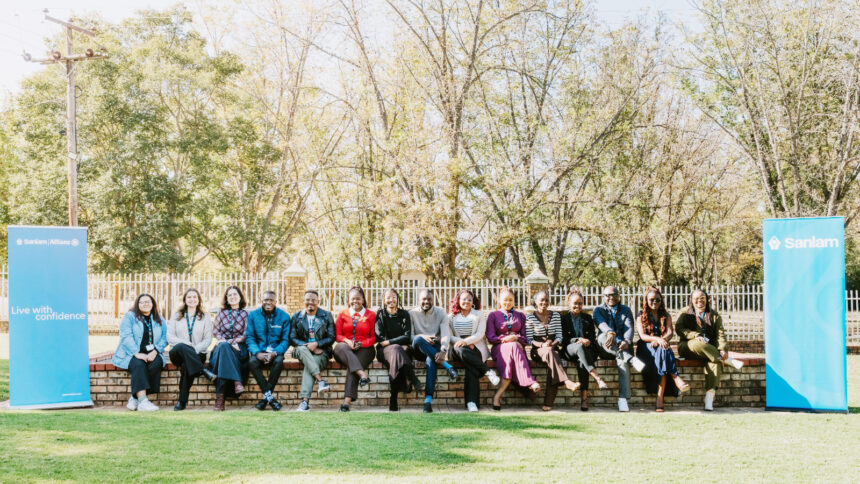Sanlam recently hosted the 23rd Summer School for Financial Journalists in Johannesburg, South Africa, to enhance literacy in financial journalism at Hotel Pecan Manor.
Sanlam strongly believes that the role of financial journalists in unravelling complex issues and presenting them to the public is more critical than ever, and the need to understand these dynamics helps journalists serve as a bridge between complex policy decisions and the public.
By analysing and effectively communicating the impact of global tax laws on African economies, they can help shape public understanding, influence policy decisions, and drive meaningful change.
This was concurred by two Namibian participants who took part in the summer school last week, NBC’s July Nafuka and Free Press’ John Colin Namene.
“The most valuable skill I gained was twofold—short-term thinking and quick, analytical calculation.
We were given various formulas to compute items in a financial report, or even specific statistics, and then taught how to communicate those results effectively, rather than just presenting raw numbers to the public,” said Namene, who is the Breakfast Show host on Desert Radio.
He explained that they had been taught how to choose appropriate language and make meaningful comparisons to present information in a way that was more relatable and easier for people to understand, which they found quite interesting.
Namene did not shy away from admitting that sometimes, he reports in general and doesn’t give much context.
“I found the training particularly helpful, especially since I usually struggled with how to relay information effectively. In the past, I would typically present figures directly, such as percentages or units, without much context,” said the communication professional.
He went on to say that he is much more conscious of it now that he has returned from summer school and intends to use what he has learnt in his reporting.
“One key takeaway was learning to be more discerning, especially when it comes to accounting. I realised the importance of not taking everything at face value, particularly because a lack of confidence in your own financial or accounting knowledge can make you overly reliant on what chief financial officers, accountants, or companies tell you about their financials. It’s crucial to question and verify the information rather than just accept it as facts,” he indicated.
With over a decade of journalism experience, Nafuka suggested that financial institutions or corporations ought to take Sanlam’s lead and provide training in those areas so that reporters and even the general public may comprehend how organisations function.
She clarified that doing so would help people recognise genuine corruption and comprehend the rationale behind business actions, as well as avoid drawing hasty assumptions about corruption when none existed.
“The most valuable insight for me was the discussions around AI tools for journalism, the difference in writing styles of news articles and simple accounting for journalists, and how we journalists can identify if the financial statements of a business were tampered with,” she stated.
Nafuka said she experienced practical financial journalism as they had to prepare income statements and balance sheets.
“It was quite challenging to balance the financial statements, but it helped me a lot in understanding how financial decisions are made within a business.
I also learned where financial manipulation can occur in the statements and what kinds of questions to ask when evaluating a company’s financial reports and decisions,” indicated the audio-visual expert.



